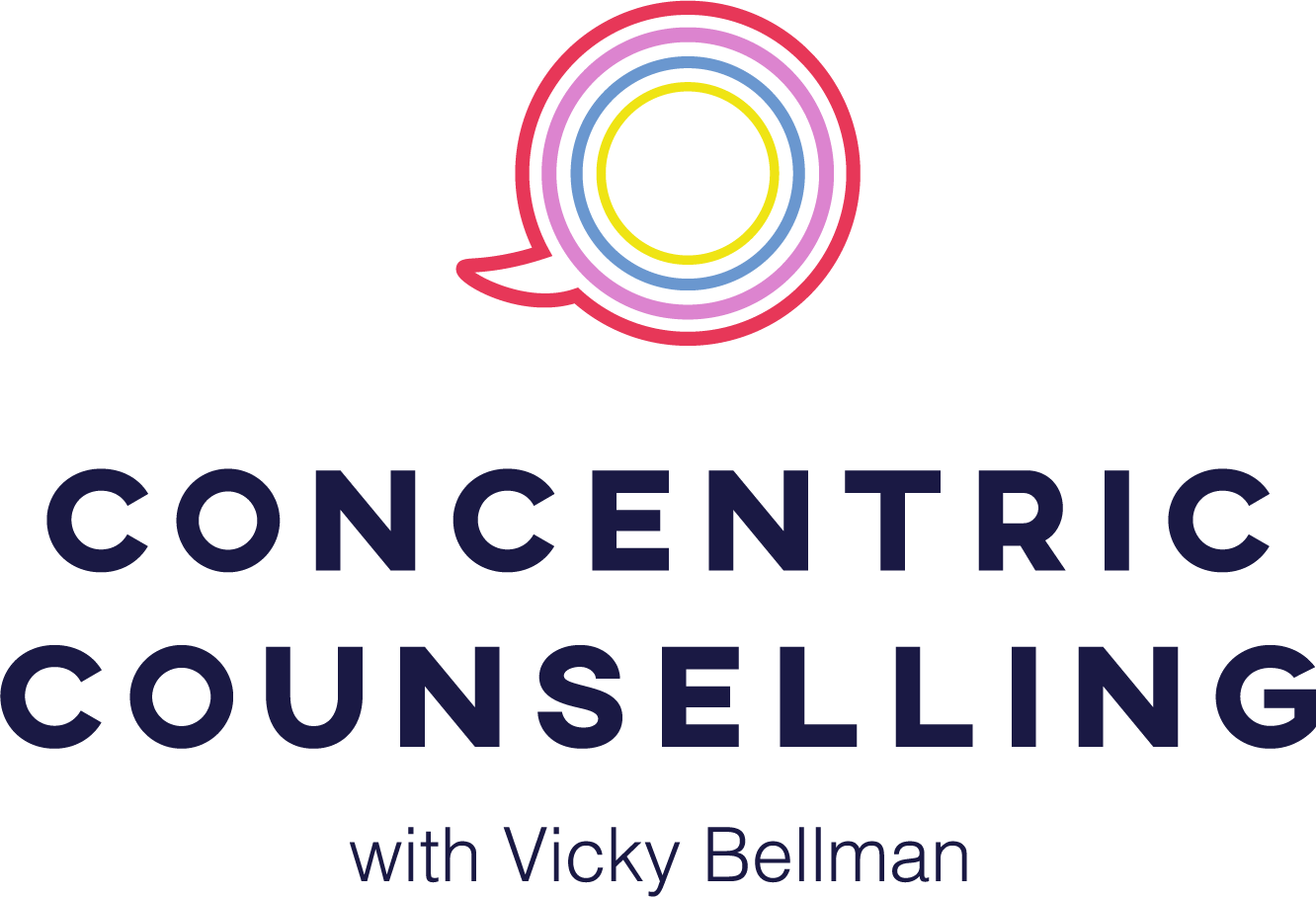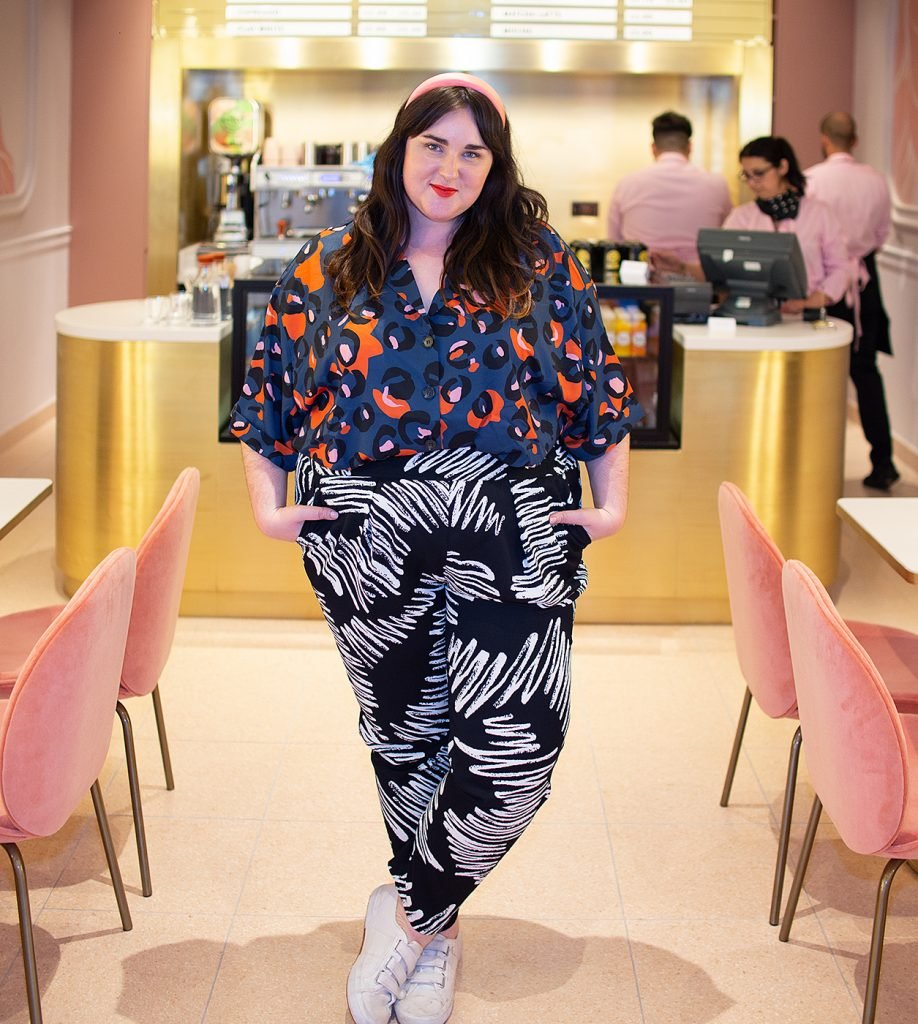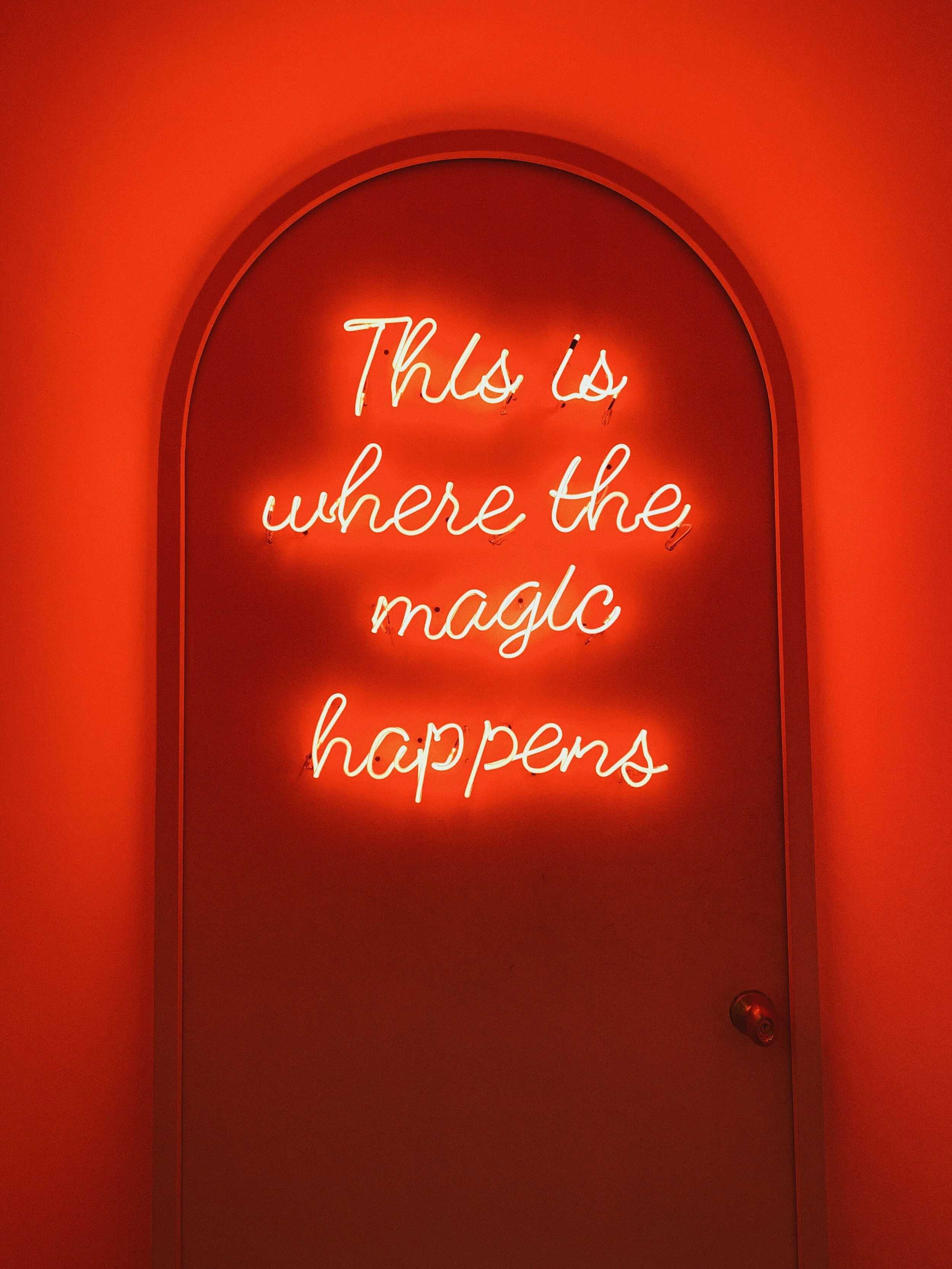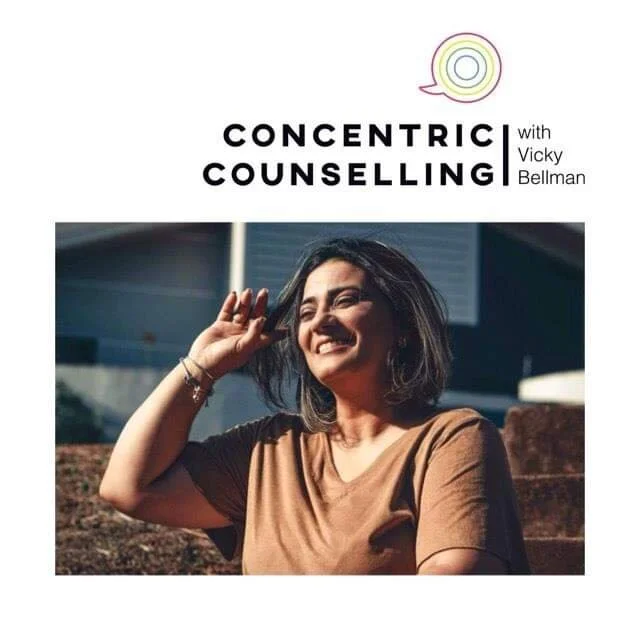Choose your path to self care
When I first meet with someone to decide whether we would be a 'fit' to work together, I sometimes ask a few questions to get a sense of the person and their background. In general terms, questions in counseling aren't useful; they can make us feel on the spot and often feel accusatory. But, in that first session, a couple of questions can be helpful to make sure we've covered all the bases. And one of my questions is often... 'how do you incorporate self care into your life?' or 'what do you do for downtime?'. And it's not unusual for people to look at me like I have two heads (and I promise I don't!).
And I do understand it; I really do. We don't live in a culture that values self care. In our Western capitalist society, we value output and productivity, and we are increasingly having to work harder for a good standard of life; self care just isn't a priority. We are encouraged to make our children independent from an early age, to achieve 100% attendance at school and at work, and to work through emotional, mental and physical pain. We're 'doers', and to just 'be' is a real challenge.
It's also seen as homogeneous. Mention self care to anyone, and images abound of bubble baths, meditation, yoga mats and green tea, and waffle bath robes in chic spas. Routinely, the images are of (usually) white, (usually) slim (usually) women already looking serene, and it can be alienating. When we're most in need of self care is when we're most stressed, and trying to imagine fitting that into our hectic, harried lives seem utterly unachievable. So, here's what we have to focus on... we need to find a new way into self care.
Let's start at the beginning - let's break down the term, for a start. Self care. Caring for self. Well, that sounds good! Why aren't we all doing it?! We care for others (particularly the ones we like and love most, and particularly when they're most vulnerable), and we should care for ourselves. And, yet, we often feel selfish or self-indulgent when we care for ourselves. I prefer to describe self care as being 'self-full' - a way to be full of self, to fill ourselves up, to be generous towards ourselves, and to cultivate a feeling of abundance, rather than overwhelm.
When we care for others, they are happier, kinder, more willing to work and play well with others; they feel valued and valuable. It reduces their levels of stress, depression and anxiety; it improves their immunity and their overall health. The same things happen when we take care of ourselves, and yet we don't see it as a priority? So instead we do the opposite; we neglect ourselves. We fail to consider our own needs, and we increase our risk of low self-esteem, low immunity and resilience to physical, emotional and mental health issues, and a higher risk of burnout. We forget we're carefully calibrated, highly sensitive machines... and all machines need a bit of switch off time.
But that's not to say that there's a 'one size fits all' recipe for self care. What works for one carefully calibrated, highly sensitive machine won't work for another. And that's where the standardised images of self care fail us - it leaves us unsatisfied and unfulfilled. As with all healing and healthcare, it needs to be a bespoke experience - our experiences and circumstances are all so different, and so our responses to our experiences needs to be different as well.
Over the next few weeks I'll be doing a series of blog posts introducing different ways to access better self care. Keep posted, and find the one that works for you!















